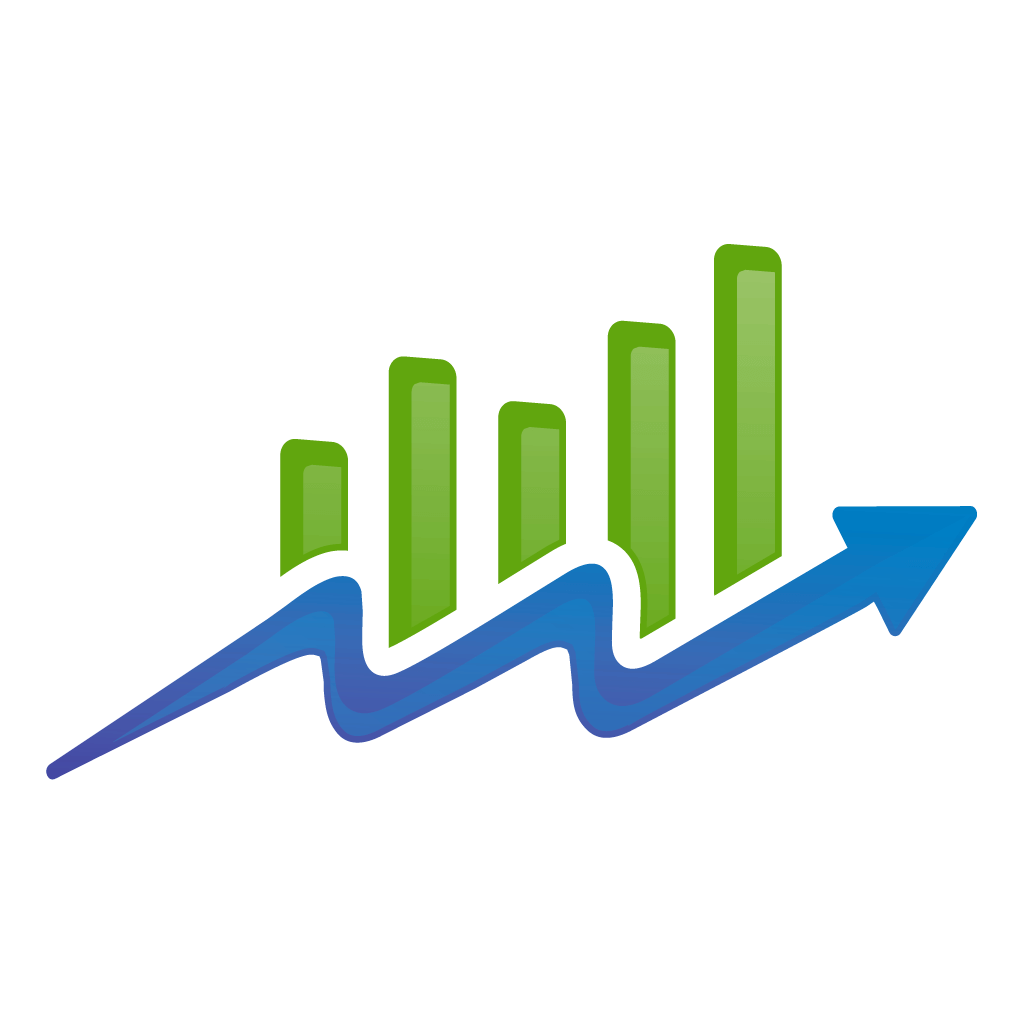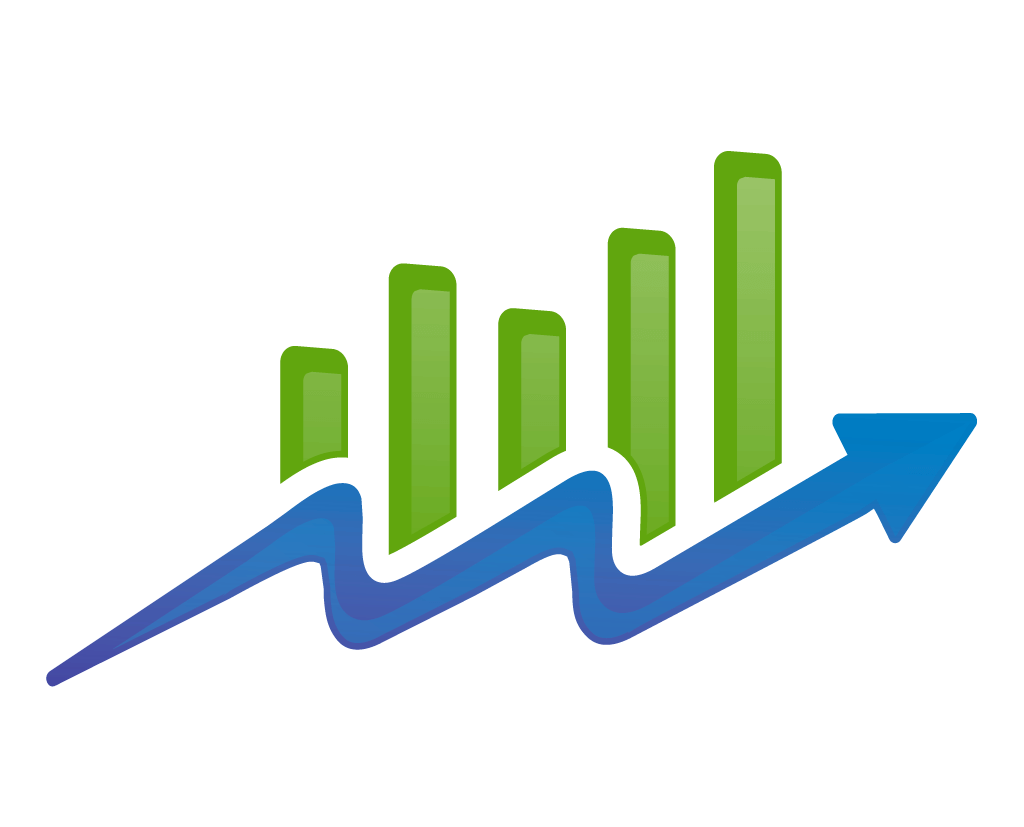Automating SEO tasks can have a seriously damaging impact on your SERPS (Search Engine Ranking Position), but at the same time, there is also a great deal about SEO work which is already automated. The real question is not whether automated SEO damages your SERPs, but what aspects can be automated and what cannot.
Where Can Automation be Used?
There are a number of areas where SEO automation has its place, and indeed, without it we’d all be floundering. Keyword research relies heavily on automated tools to research and find appropriate keywords; Google and many other search engines provide automated resources to perform just this task.
Site analysis also relies heavily on automated SEO tools as does many of the testing resources which are commonly used. Multivariate or split A/B testing would be next to impossible without automated resources. Combing through PPC (Pay-Per-Click) reports and masses of data, produced from traffic and marketing data capture tools, would not be capable of rendering any useful information without software tools to help interpret it all.
SEO experts will say that content is king, but how do you get that content out into the web world? Article submission to article and directory sites is one way of dispersing your message, and while you need a human being to manage the process, a great deal of the work is automated.
The point here is that automated SEO tasks are not necessarily bad for your SERPs; it really depends on how you are using automation, so let’s take a look at how automated SEO can cause some real damage to your SERPs.
When Automated SEO Goes Bad
There are lots of automated SEO packages available on the market – all promising higher rankings with Google, Yahoo! and the rest of the search engines, but there is a sting in the tail. Automated SEO can and will damage and destroy your search engine rankings because the search engines just do not like it! Google in particular spends a lot of money, time and effort in developing anti-automation tools which is very good at rooting out sites using automated SEO.
Automated Content Creation
“Content is King!” is the SEO practitioner’s cry, and while submitting articles using automated services is unlikely to bring the roof crashing down around your head, using software to copy, create or “spin” original articles will. Search engines generally, and Google in particular, have anti-automation software which will check content to see if it is copied from another site (known as content scraping) and also will check to see if the text patterns are duplicated elsewhere, even when the words used are changed (spinning). There is very little you can do to avoid being caught, and the effort expended is simply counter-productive when you can use good SEO techniques to achieve the same aim without penalty.
Content Scraping
This is simply outright theft! Content scraping is copying content from other websites and using it in your own web site. While copying with permission and providing attribution is all very well, simply copying content with or without the owner’s permission is not going to get you anywhere with the search engines. Passing off someone else’s content as your own will get you penalized and dropped in the rankings.
Article Spinning
Article spinning is commonplace on the web – it is where software takes an original article and replaces some of the words and phrases with replacement homonyms (words with the same meaning) and shuffling the odd paragraph around. The result is a duplicate article which at first sight is a new article but in reality is simply replicated from the old one. Search engines do not like this – it’s cheating!
Content Generation
An even greater sin is using software to generate text which tries to fool the search engines it is in fact written by a real person. The software to generate text is usually known as a Markov engine, but no matter what it is called you should avoid any content generator like the plague.
The content will be original but usually reads something like this:
“Nine inch nails bring water to the boat at Christmas time with Granma watching lightly.”
This makes no sense to a human reader and ultimately the search engines want to return relevant information to humans – they do not take kindly to being made to look foolish by this kind of gibberish and will penalize such a site very harshly.
Automated Link Building
Link building is important for gaining credibility with the search engines – good incoming links demonstrate relevance and are a seal of approval from the rest of the internet community. The result is you are rewarded with a higher SERPs and, because higher search engine ranking is what everyone is after, some unscrupulous SEO practitioners utilize automated software for the task.
Good link building involves talking to other website owners and negotiating the link – how it will be placed on their site, the anchor text being used and where it will link back into your own web site. It also involves making sure you really want that link to begin with – if you are selling car covers, what good will a link from a pornographic website be to you? Absolutely none!
Automated link building does generate a large number of links, but the majority of them are “spam” links. Spam links include links from sites with no relevance to your own site, unwanted links formed with no purpose, links which do not provide you with any SEO or human value, links which have a “nofollow” tag attached so search engines automatically ignore them and many other instances.
Search engines look to reward web sites which are relevant and engaging with higher SERPs and penalize sites which don’t conform to their idea of what a web site should look like. Building a stable of spam links is going to get you penalized and in any event, to get the most out of link building, you need an experienced practitioner at the helm and not automated software.
Takeaway
There are some SEO tasks which can be automated but these tend to be restricted to research and analysis, such as keyword research. Google and others provide many automated SEO tools and these will not harm your SERPs, but there are many automated software tools which will do a great deal of damage to your rankings.
Using software to scrape, replicate or create content is extremely harmful, and will be spotted very quickly by the search engines, leading to very heavy penalties and suspension from being ranked at all. Link building is also a key area which automated SEO sellers target, but link building requires a great deal of thought and negotiation with other webmasters if you are to get the most value out of it. Building a number of spam links will also harm your reputation with human users and will be penalized by the search engines.








